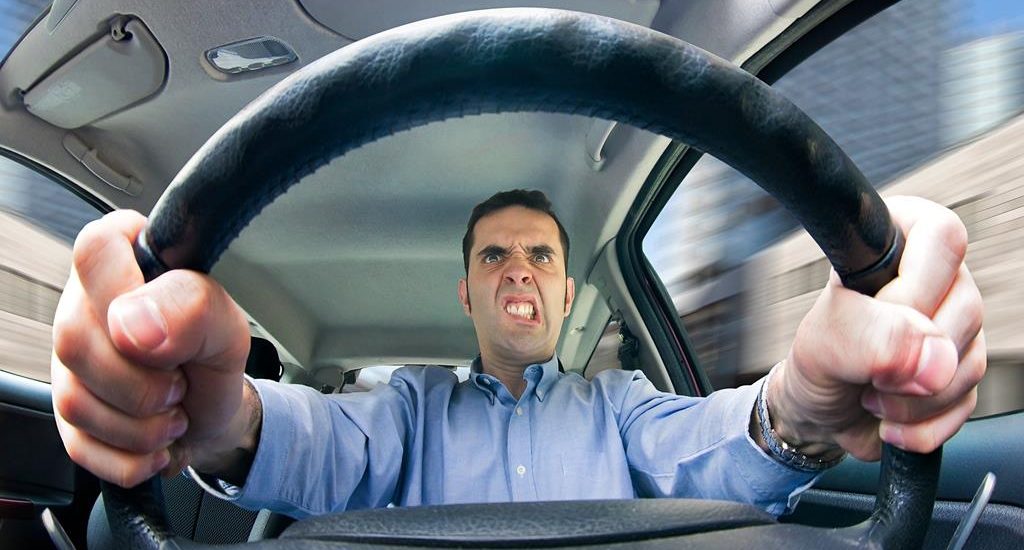Driving phobias affect more people than you might think. Many individuals don’t even realize they have a fear of driving and unconsciously avoid situations that trigger their anxiety. Left unaddressed, this fear can develop into more serious conditions that impact daily life. In this comprehensive guide, we’ll explore what driving phobias are, their causes, and proven strategies for prevention and treatment.
What Is a Driving Phobia? Understanding the Basics
A driving phobia, also known as vehophobia or driving anxiety, is an intense fear related to operating or riding in vehicles. This fear stems from our natural self-preservation instinct, which recognizes cars as potential safety hazards.
Vehicles can cause serious harm to drivers, passengers, and pedestrians in the event of an accident. Historically, cars triggered fear simply because they were new and unfamiliar. Over time, this fear became associated with the real dangers of road injuries and fatalities.
Today, traffic accidents remain a serious concern worldwide. Even non-drivers can be affected by vehicle-related incidents. While you cannot eliminate all risks, understanding the root causes of your fear is the first step toward managing it effectively. Addressing these underlying issues helps reduce emotional tension and empowers you to take active steps in overcoming your phobia.

Common Types of Driving Phobias and Their Causes
Driving phobias can develop from various sources. Understanding which type affects you is crucial for effective treatment:
Media-Induced Fear of Driving
- Constant exposure to accident news and statistics can trigger anxiety
- Particularly affects sensitive individuals, children, and elderly people
- Can lead to avoiding car travel entirely, even for short distances
- Some people refuse to get a driver’s license due to media-influenced fears
- May result in career changes when driving is required professionally
Post-Traumatic Driving Fear
- Develops after experiencing or witnessing a car accident
- Especially severe when the person feels responsible for injuries or deaths
- Can result in complete avoidance of driving
- Requires professional intervention in most cases
Confidence-Related Driving Anxiety
- Often stems from underestimating personal abilities
- Natural caution that can escalate into paralyzing fear
- Commonly affects new drivers and those returning to driving after a break
- Can be overcome through gradual exposure and skill-building
Proven Strategies to Overcome Driving Phobia
Fear often stems from lack of knowledge and experience. Here are effective methods to conquer your driving phobia:
Professional Driving Instruction
- Enroll in a reputable driving school with patient instructors
- Start with basic vehicle operations to build familiarity
- Progress gradually from practice grounds to real roadways
- Practice regularly to develop muscle memory and confidence
- Having an experienced instructor beside you reduces anxiety significantly
Gradual Exposure Therapy
- Begin in low-stress environments like empty parking lots
- Slowly progress to quiet residential streets
- Eventually advance to busier roads during off-peak hours
- Celebrate small victories to build positive associations
Professional Psychological Support
- Seek help from a psychologist or psychotherapist specializing in phobias
- Particularly important for post-traumatic driving fears
- Treatment typically includes cognitive-behavioral therapy (CBT)
- Recovery timelines vary, but improvement is often seen within weeks
- Never attempt to overcome severe trauma-related fears alone
Overcoming driving fears requires effort and commitment, but the results are worth it. With proper support and gradual exposure, most people can successfully manage or eliminate their driving phobia.
Building Stress Resistance for Safer Driving
Whether you experience driving phobia or not, developing stress resistance is essential for all road users. Your ability to handle stress directly impacts driving safety and performance.
Key benefits of stress resistance while driving include:
- Better decision-making in challenging traffic situations
- Reduced risk of aggressive or dangerous driving behaviors
- Lower physical and mental fatigue during long drives
- Improved focus and awareness on the road
- Enhanced overall safety for yourself and others
Emotional intelligence plays a crucial role in stress management and can be developed through practice. A stress-resistant driver maintains composure, avoids unnecessary risks, and protects everyone on the road. Think of developing stress resistance as essential mental health maintenance for drivers.

Drive Confidently Worldwide with an International Driving License
Whether you’re working to overcome driving phobias or simply planning international travel, having an International Driving License (IDL) is essential for driving abroad. Our IDL allows you to drive confidently across the globe with proper documentation recognized in over 150 countries.
If you don’t have your International Driving License yet, you can easily apply here on this website. Don’t let documentation concerns add to any driving anxiety—get properly licensed and drive with peace of mind wherever your journey takes you.

Published April 27, 2018 • 4m to read





